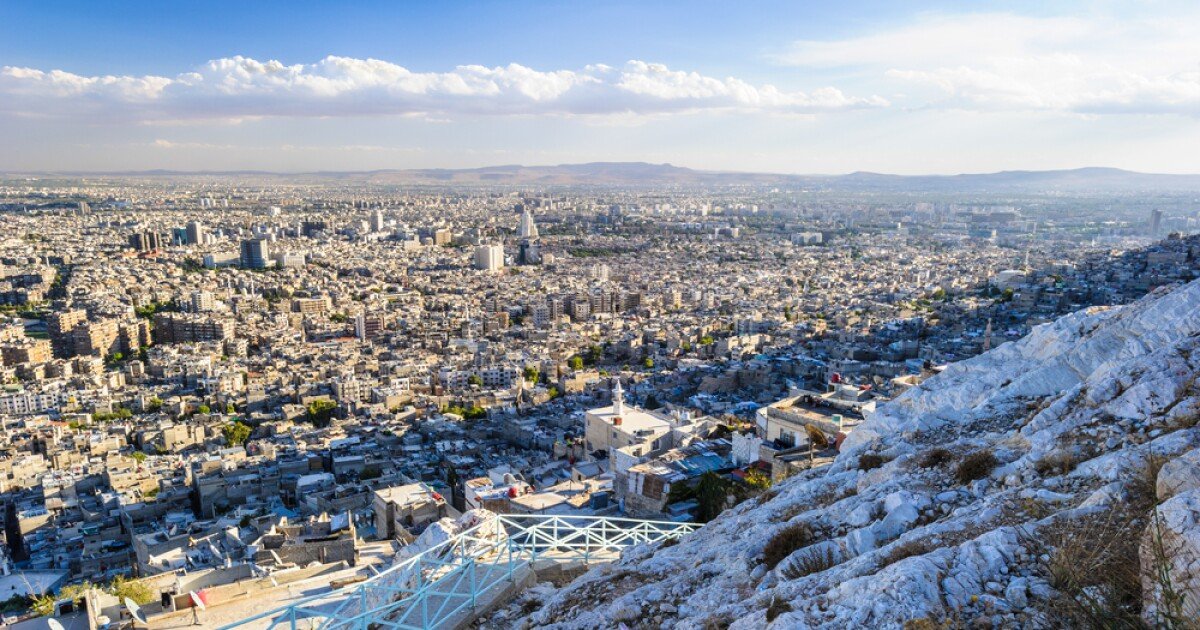The Big Picture
Copyright © 2024 Energy Intelligence Group All rights reserved. Unauthorized access or electronic forwarding, even for internal use, is prohibited.
Published:
Thu, Dec 5, 2024

Anton_Ivanov/Shutterstock
- The lightening attack by anti-regime groups last week on Syria’s second city — their biggest success in years — marks a stunning reversal of fortunes driven by wider changes.
- The al-Assad regime was riding high when it retook Aleppo in 2016, but war in Ukraine has diverted the resources of its patron Russia, and the Mideast conflict has weakened key regional allies Iran and Hezbollah.
- Turkey, which denies any involvement, emerges as the main beneficiary of this alteration in the balance of power.
The collapse of the regime’s control of northwest Syria last week has echoes of 2014, when Islamic State swept into Iraq from Syria and the Iraqi army fled its northern posts. Weakened by years of corruption and limited resources, the Syrian army was unable to withstand a seemingly coordinated assault by Islamist-led rebel groups while its allies’ attentions were elsewhere. The fall of Aleppo raises serious questions about the reach of President Bashar al-Assad’s regime. But it also highlights the change in priorities, focus or capabilities of Russia, Iran and Hezbollah and points to seismic shifts in the geopolitical landscape — largely as a result of Israel’s aggressive regional strategy.

